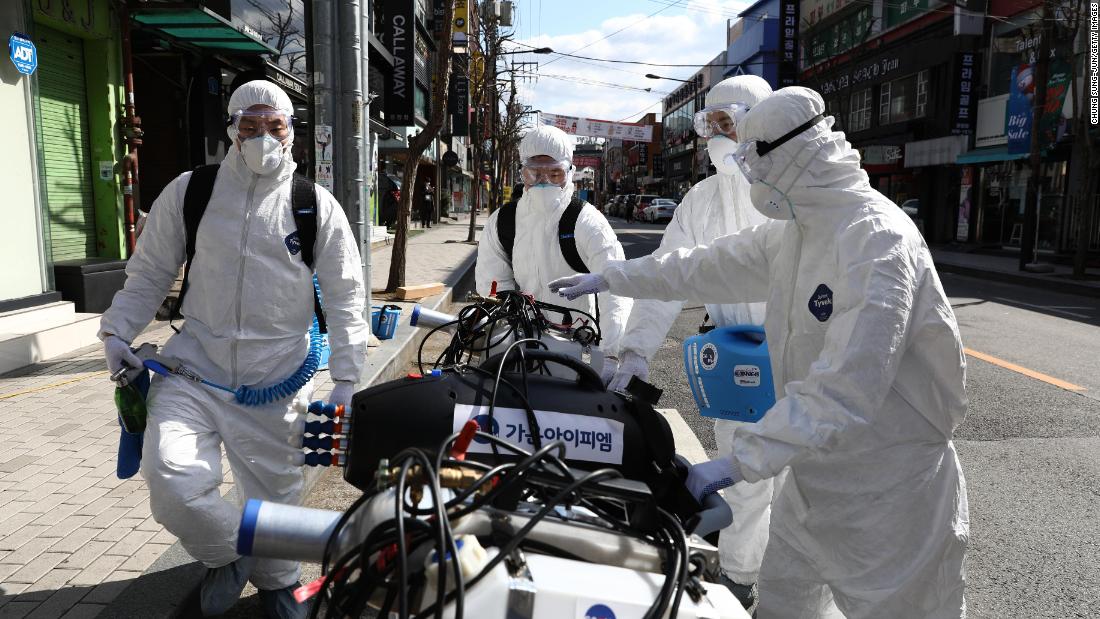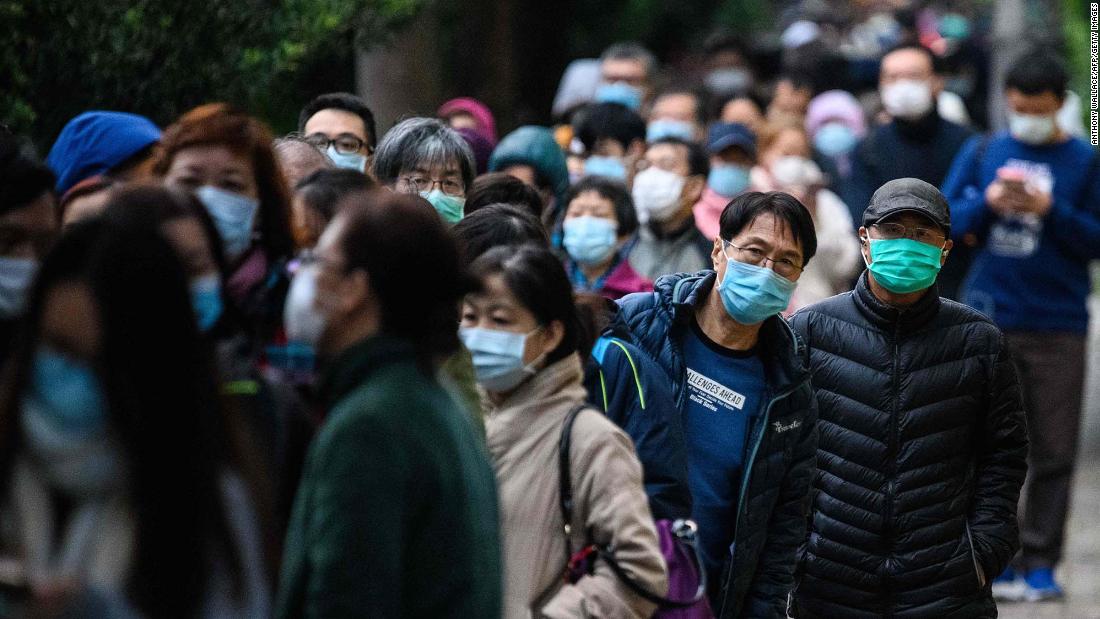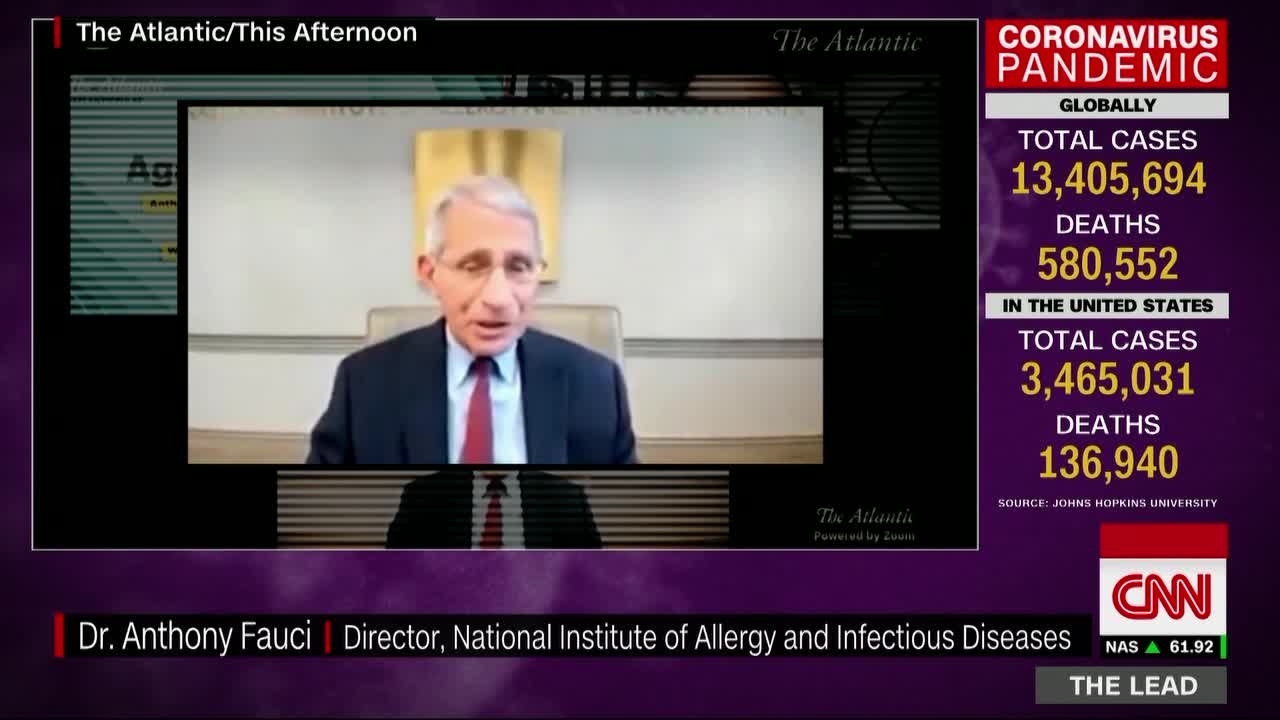

Other COVID-19 news you should know about: The daily average for hospitalizations was down 10% at 26,205, while the daily average for deaths is down 3% to 383.Ĭoronavirus Update: MarketWatch's daily roundup has been curating and reporting all the latest developments every weekday since the coronavirus pandemic began The daily average for new cases stood at 39,126 on Tuesday, according to a New York Times tracker, down 24% from two weeks ago and the lowest level since April. known cases of COVID are continuing to ease and now stand at their lowest level since late April, although the true tally is likely higher given how many people overall are testing at home, where the data are not being collected. "We are not helpless against these challenges," he said. has the tools, both from vaccines and treatments, to largely eliminate serious illness and death from the virus, but stressed that's only the case if people do their part, the Associated Press reported.


Ashish Jha, the White House COVID coordinator, said the U.S. The White House on Tuesday added their recommendation that eligible Americans get the updated COVID boosters by Halloween, to ensure maximum protection against the virus heading into the holiday season.ĭr. This inequity leaves billions of people vulnerable to infection, which will almost inevitably lead to increased numbers of patients with long COVID," Tedros wrote.ĭata collection must be extended to poorer countries, which have lagged the pace in richer countries, undermining the overall response and delaying the scientific community from gaining a true understanding of the illness. "While almost 70% of people have received a vaccine, in low-income countries just 22% have been vaccinated. Researchers still have much to learn about the causes of long COVID as well as the best treatments, making it important that people try to avoid getting COVID in the first place, he wrote, urging people to keep up with their vaccines and booster shots and governments to help ensure they are available to others.
#Cnn corona tracker how to#
See also: How to approach Medicare's 2023 enrollment period
#Cnn corona tracker series#
His piece was part of a new series by the paper titled "Living with long COVID." "While the pandemic has changed dramatically due to the introduction of many lifesaving tools, and there is light at the end of the tunnel, the impact of long COVID for all countries is very serious and needs immediate and sustained action equivalent to its scale," Tedros wrote. Women are twice as likely as men to suffer long COVID, which can last longer than a year. The WHO estimates than 10% to 20% of survivors suffer mid- and long-term symptoms such as fatigue, breathlessness and cognitive dysfunction. Writing for the Guardian newspaper, Tedros Adhanom Ghebreyesus said the world has never been in a better position to end the pandemic that has killed almost 6.5 million and infected more than 600 million, but that many are experiencing "prolonged suffering" as symptoms linger for months. The head of the World Health Organization made his strongest comments yet about the devastation being caused by long COVID and urged world leaders to launch immediate and "sustained" efforts to tackle the "very serious" crisis. Visit Cornell Tech's COVID-19 resource page for the latest information.WHO estimates that 10% to 20% of COVID survivors experience symptoms like fatigue and breathlessness for more than a year Cornell Health: Call 60 or email International travel: Contact Housing: Contact Dining: Contact Bursar (Billing): Contact Financial Aid: Contact Academic Support: Contact the academic advising team at your college.Cornell Campus Public Health Support: Call 60 or submit a health request via the Daily Check portal.View all messages and updates Student Resources All community members are encouraged to get boosted when eligible.įor the most up-to-date information on virus transmission and prevention, visit the Tompkins County Health Department (TCHD) and Centers for Disease Control and Prevention (CDC). Masking is encouraged, and the university will continue to provide high-quality masks to our community. Stay home and get tested if you are ill or experiencing symptoms suggestive of COVID-19. Given its ease of transmission, special precautions should be taken.Īll Cornell community members should take personal responsibility and demonstrate COVID-19 etiquette. SARS-CoV-2 is one of many viruses that surrounds us.


 0 kommentar(er)
0 kommentar(er)
